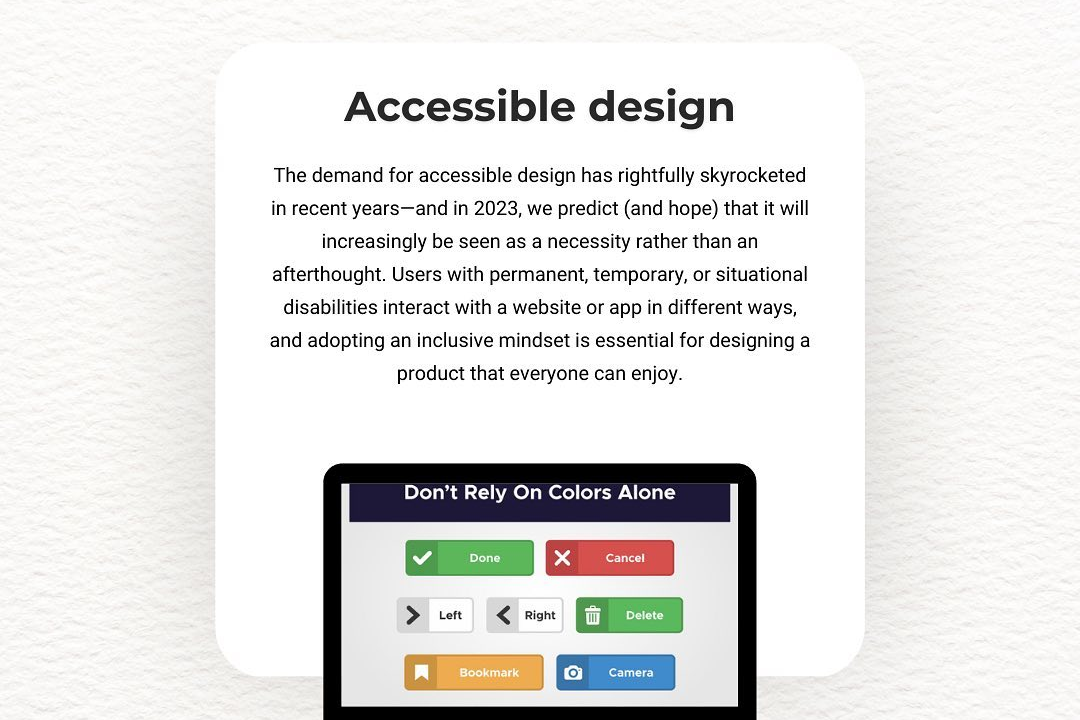Android App Design Churu
Innovative Android App Design in Churu
Android App Design Churu
Android app design in Churu, like in other regions, focuses on creating user-friendly and visually appealing applications that cater to local needs and preferences. The design process emphasizes usability, ensuring that the app functions seamlessly on a variety of devices and screen sizes. Key elements include adhering to Material Design guidelines for consistency and aesthetics, incorporating local languages and cultural elements to enhance user engagement, and optimizing performance for varying internet speeds. In Churu, where connectivity may vary, developers prioritize efficient resource usage and offline functionality. The goal is to create applications that not only look good but also provide a smooth, intuitive experience tailored to the user's context and environment.
To Download Our Brochure: https://www.justacademy.co/download-brochure-for-free
Message us for more information: +91 9987184296
1 - Introduction to Android Development: Start with an overview of Android development, its significance, and its growing demand in the tech industry.
2) Understanding Android Architecture: Explain the various layers of Android architecture including the Linux kernel, hardware abstraction layer, Android runtime, and application framework.
3) Setting Up Development Environment: Guide students on how to install Android Studio, the official IDE for Android development, and configure it for app development.
4) Java and Kotlin Fundamentals: Introduce basic programming concepts using Java and Kotlin, the two primary languages for Android app development. Focus on variables, control structures, and object oriented concepts.
5) Creating User Interfaces with XML: Teach students how to design user interfaces using XML, understanding layouts, views, and the importance of responsive design.
6) Understanding Activities and Intents: Explain the concept of Activities, the building blocks of Android apps, and how Intents facilitate communication between different components of an application.
7) Working with Resources: Discuss how to manage different types of resources (like images, strings, dimensions) effectively to support multiple screen sizes and orientations.
8) Implementing Navigation: Cover various navigation patterns in Android, including the use of Navigation Components to manage app navigation effectively.
9) Data Storage Options: Discuss various storage solutions available in Android such as SharedPreferences, SQLite databases, and Room persistence library for local data storage.
10) Networking and APIs: Teach students how to handle network operations, work with RESTful APIs using libraries like Retrofit, and parse JSON data.
11) Understanding Lifecycle of an App: Explain the Android application lifecycle and how to manage app states (active, paused, stopped) efficiently.
12) Debugging and Testing: Introduce debugging and testing methods in Android development, including the use of Logcat, breakpoints, and testing frameworks like JUnit and Espresso.
13) Implementing Material Design Principles: Educate students on Material Design guidelines to create visually appealing and user friendly interfaces that enhance user experiences.
14) Publishing to Google Play Store: Guide students through the process of preparing their apps for release, generating signed APKs, creating app listings, and publishing to the Google Play Store.
15) Building Real World Projects: Encourage hands on experience by guiding them through building real world applications from scratch, reinforcing their learning through practical application.
16) Exploring Advanced Topics: Cover advanced topics like background processing with WorkManager, handling push notifications with Firebase Cloud Messaging, and exploring Jetpack libraries.
17) Career Opportunities and Pathways: Discuss potential career paths in Android development, such as roles in startups, tech companies, and freelancing opportunities.
18) Community and Resources: Highlight the importance of networking within the developer community, participating in forums like Stack Overflow, and utilizing resources like Android documentation, tutorials, and online courses for continued learning.
By structuring the training program around these key points, students will gain a comprehensive understanding of Android app design and development, equipping them with the skills needed to succeed in the field.
Browse our course links : https://www.justacademy.co/all-courses
To Join our FREE DEMO Session: Click Here
Contact Us for more info:
Android Project Training Eluru
Java profiling tools
Java Generics
iOS Training in Vatakara
Android Certification Nashik











